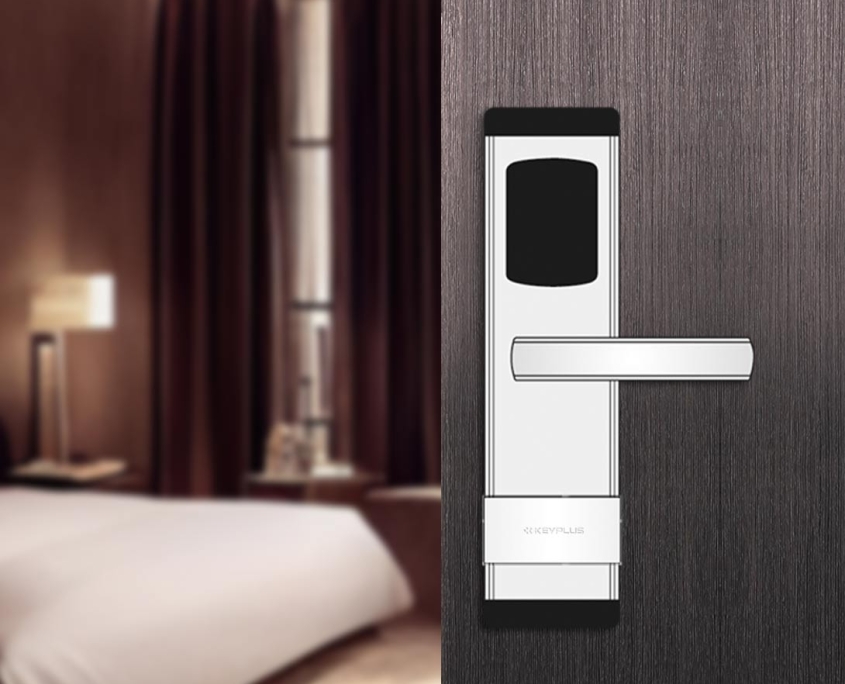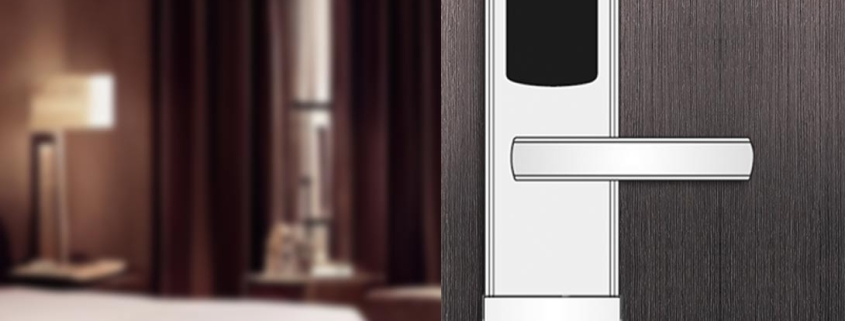Do Hotel Door Locks Include Remote Reset Capabilities?
Modern hotel door locks have evolved significantly from traditional mechanical keys to advanced electronic systems. One of the most important features in today’s hospitality industry is the ability to remotely manage and reset door locks, enhancing both security and operational efficiency. But do hotel door locks actually include remote reset capabilities? The short answer is yes—many modern electronic hotel locks can be reset remotely, but the extent of this functionality depends on the lock’s technology and the hotel’s management system.
In this article, we’ll explore:
-
The different types of hotel door locks and their capabilities
-
How remote reset functions work in hotel locks
-
The benefits of remote reset for hotels and guests
-
Security considerations and potential risks
-
Future trends in hotel lock technology
Types of Hotel Door Locks and Their Capabilities
Hotel door locks generally fall into three main categories:
1. Traditional Mechanical Locks
These are the oldest types of locks, requiring physical keys. They do not have remote reset capabilities since each key must be manually cut and issued. If a key is lost, the lock must be rekeyed by a locksmith—a time-consuming and costly process.
2. Magnetic Stripe Card Locks
Introduced in the 1980s, these locks use plastic key cards with magnetic stripes. While more convenient than metal keys, most magnetic stripe systems do not support remote resets. If a guest loses a key card, the front desk must issue a new one, but the lock itself isn’t reprogrammed unless manually reset at the door.
3. RFID & Smart Electronic Locks
Modern hotels increasingly use RFID (Radio Frequency Identification) and Bluetooth/Wi-Fi-enabled smart locks. These locks do support remote reset capabilities, allowing hotel staff to:
-
Deactivate lost or stolen key cards instantly
-
Reprogram locks for new guests without physical access
-
Grant temporary access to staff or service personnel
-
Monitor door access in real time
High-end systems like Assa Abloy’s VingCard, Onity, and SALTO offer cloud-based management, meaning locks can be controlled from a central system—even from a smartphone.
How Remote Reset Works in Hotel Locks
For electronic locks with remote reset functionality, the process typically involves:
-
Central Management Software – The hotel uses a property management system (PMS) that connects to the locks via Wi-Fi, Bluetooth, or a wired network.
-
Real-Time Updates – When a guest checks out or loses a key, the front desk can instantly deactivate the old credentials and issue new ones.
-
Over-the-Air (OTA) Updates – Some locks receive wireless signals to reset access permissions without staff needing to visit the door.
-
Audit Logs – The system records every entry attempt, providing security oversight.
For example, if a guest reports a lost key, the hotel can immediately block that key’s access and generate a new one—ensuring no unauthorized entry.

Benefits of Remote Reset for Hotels and Guests
1. Enhanced Security
-
Lost or stolen keys can be instantly disabled, reducing break-in risks.
-
Staff can track who enters each room and when.
2. Operational Efficiency
-
No need for manual lock changes between guests.
-
Faster check-ins since keys can be pre-programmed.
3. Improved Guest Experience
-
Guests don’t have to wait for physical key replacements.
-
Mobile key options (via smartphones) allow for contactless entry.
4. Cost Savings
-
Reduces the need for locksmith services.
-
Extends lock lifespan by minimizing physical wear.
Security Considerations and Risks
While remote reset capabilities offer many advantages, there are potential risks:
-
Cybersecurity Threats – If the hotel’s network is hacked, attackers could potentially manipulate locks. Strong encryption (like AES-128) is essential.
-
System Failures – Power outages or Wi-Fi disruptions could temporarily disable remote functions. Many locks have offline backup modes.
-
Unauthorized Overrides – Strict access controls must be in place to prevent misuse by staff.
Hotels must ensure their lock systems are regularly updated and protected against vulnerabilities.
Future Trends in Hotel Lock Technology
-
Mobile Key Dominance – More hotels are adopting smartphone-based keys (via apps like Apple Wallet or proprietary systems).
-
Biometric Integration – Some high-end hotels now use fingerprint or facial recognition for entry.
-
AI-Powered Access – Predictive systems could adjust room access based on guest behavior.
-
Blockchain for Security – Decentralized access logs could make hacking even harder.
Conclusion
Yes, many modern hotel door locks do include remote reset capabilities, particularly RFID and smart electronic systems. This technology enhances security, streamlines operations, and improves the guest experience. However, hotels must implement strong cybersecurity measures to prevent potential exploits.
As the hospitality industry continues to innovate, we can expect even more advanced features—making traditional keys a thing of the past. For hotel owners, investing in a robust electronic lock system with remote management is no longer a luxury but a necessity for safety and efficiency.
Would you feel more comfortable knowing your hotel room lock can be reset remotely if needed? The future of hotel security is already here.



